Understanding the Challenge of Storing Medical and Accessibility Equipment
When undertaking home renovations, managing medical equipment and accessibility devices presents unique challenges. For individuals who rely on these essential items daily, proper storage isn’t just about organization—it’s about maintaining independence and ensuring continued access to vital equipment. This guide will help you navigate the complexities of storing accessibility technology and medical equipment during your renovation project.
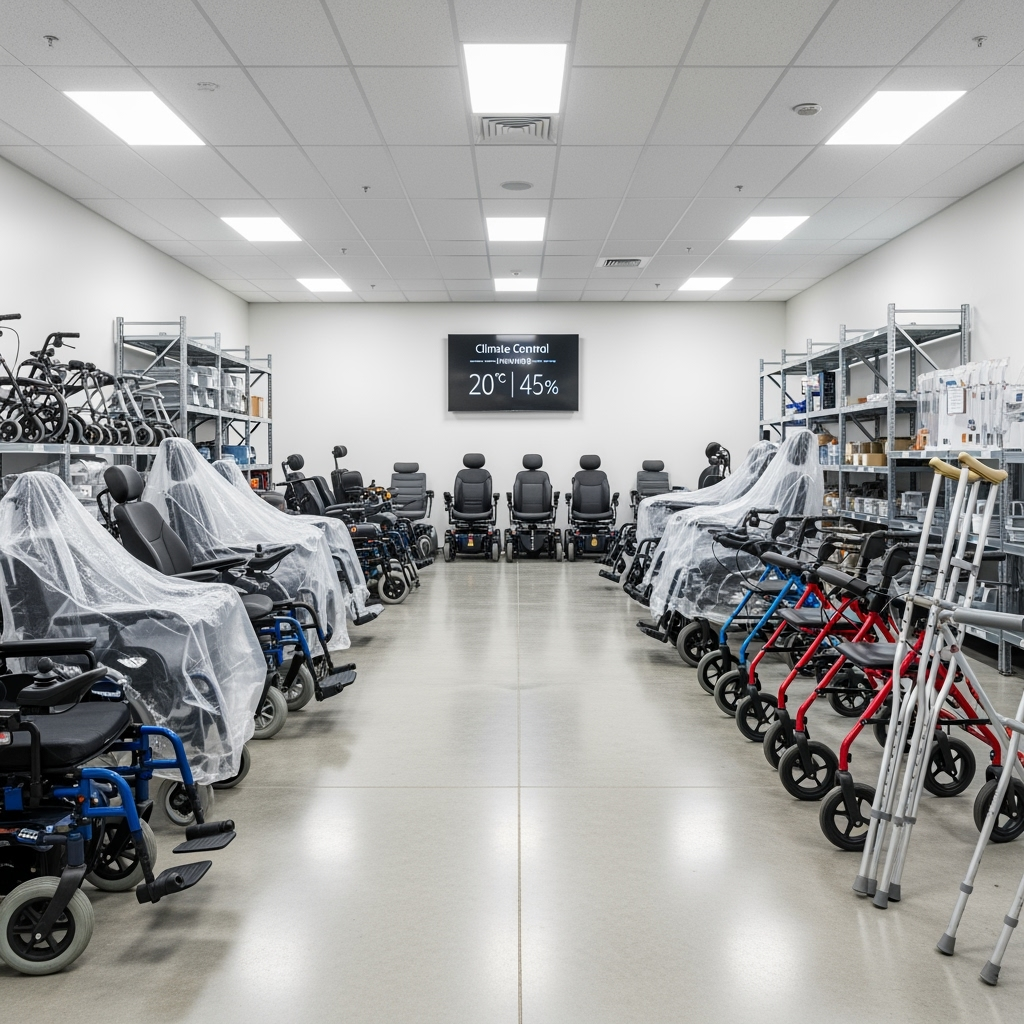
Essential Considerations for Medical Equipment Storage
Before moving your medical equipment into storage, consider these critical factors:
- Temperature and humidity control requirements
- Accessibility needs during the storage period
- Proper cleaning and maintenance before storage
- Battery and power component management
- Insurance and documentation requirements
Climate-Controlled Storage: A Must for Medical Equipment
Medical and accessibility equipment often contains sensitive electronic components and materials that require specific environmental conditions. Climate-controlled storage units provide:
- Consistent temperature maintenance
- Humidity regulation
- Protection from extreme weather conditions
- Dust and debris prevention
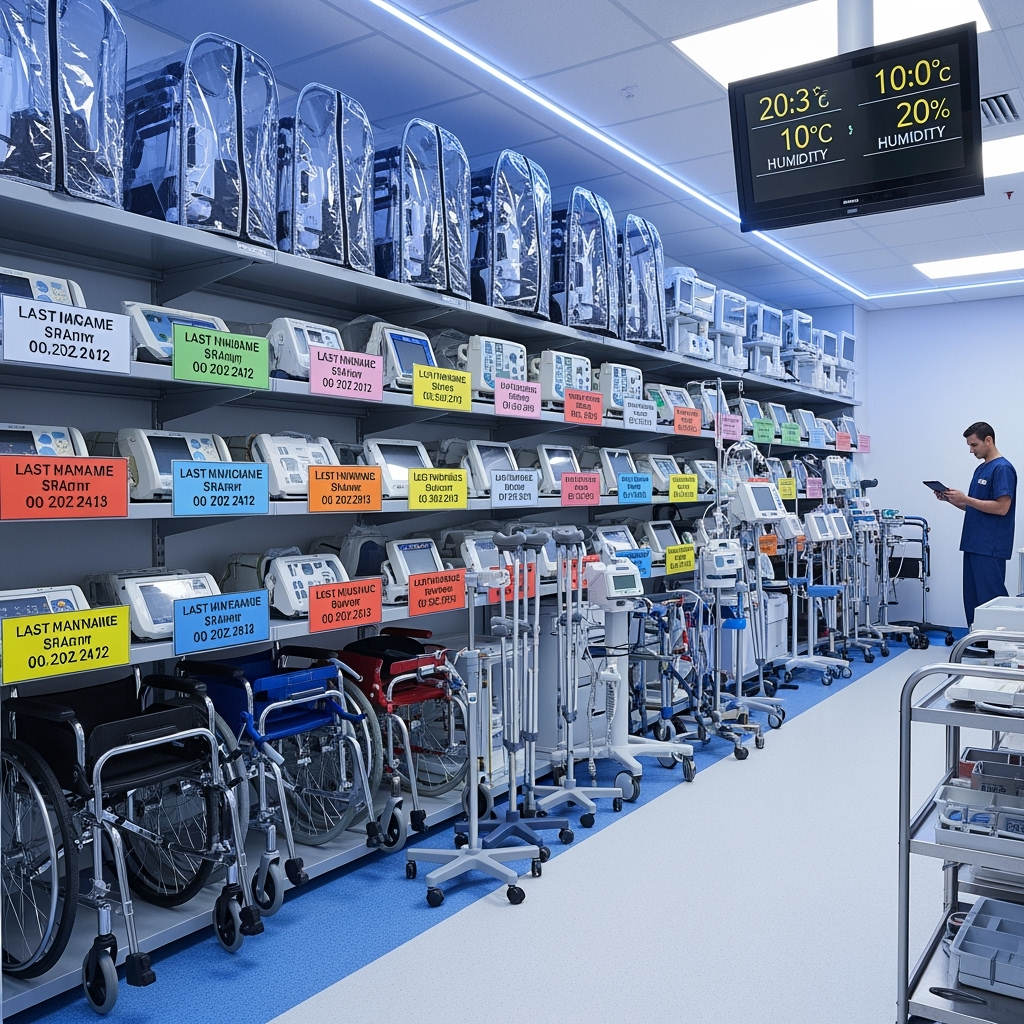
Organization Strategies for Accessibility Equipment
Implement these organization strategies to maintain equipment accessibility:
- Create clear pathways between stored items
- Use labeled zones for different equipment types
- Keep frequently needed items easily accessible
- Implement a robust inventory system
- Consider mobility requirements when planning layout
Protecting Your Investment: Storage Best Practices
Follow these best practices to ensure your equipment remains in optimal condition:
- Clean and sanitize all equipment before storage
- Use appropriate covers and protective materials
- Maintain battery charge cycles when applicable
- Keep instruction manuals and maintenance records accessible
- Regular check-ins and maintenance during storage
Planning Your Storage Timeline
Develop a detailed timeline that includes:
- Equipment inventory and condition assessment
- Cleaning and preparation schedule
- Moving day logistics
- Regular maintenance visits
- Return and reinstallation planning
Making Your Storage Unit Accessible
Ensure your storage unit meets accessibility requirements:
- Wide aisles and doorways
- Proper lighting
- Smooth, level flooring
- Easy-to-operate doors and locks
- Proximity to parking
Emergency Access Planning
Create a comprehensive emergency access plan that includes:
- 24/hour accessibility arrangements
- Backup equipment location and access
- Emergency contact information
- Documentation of stored equipment
- Quick-retrieval organization system
Conclusion: Successful Storage for Continued Independence
Managing medical and accessibility equipment during home renovations requires careful planning and the right storage solutions. By choosing a climate-controlled unit and implementing proper organization strategies, you can ensure your essential equipment remains protected and accessible throughout your renovation project. Remember to prioritize accessibility in your storage plan and maintain regular check-ins to keep everything in working order.


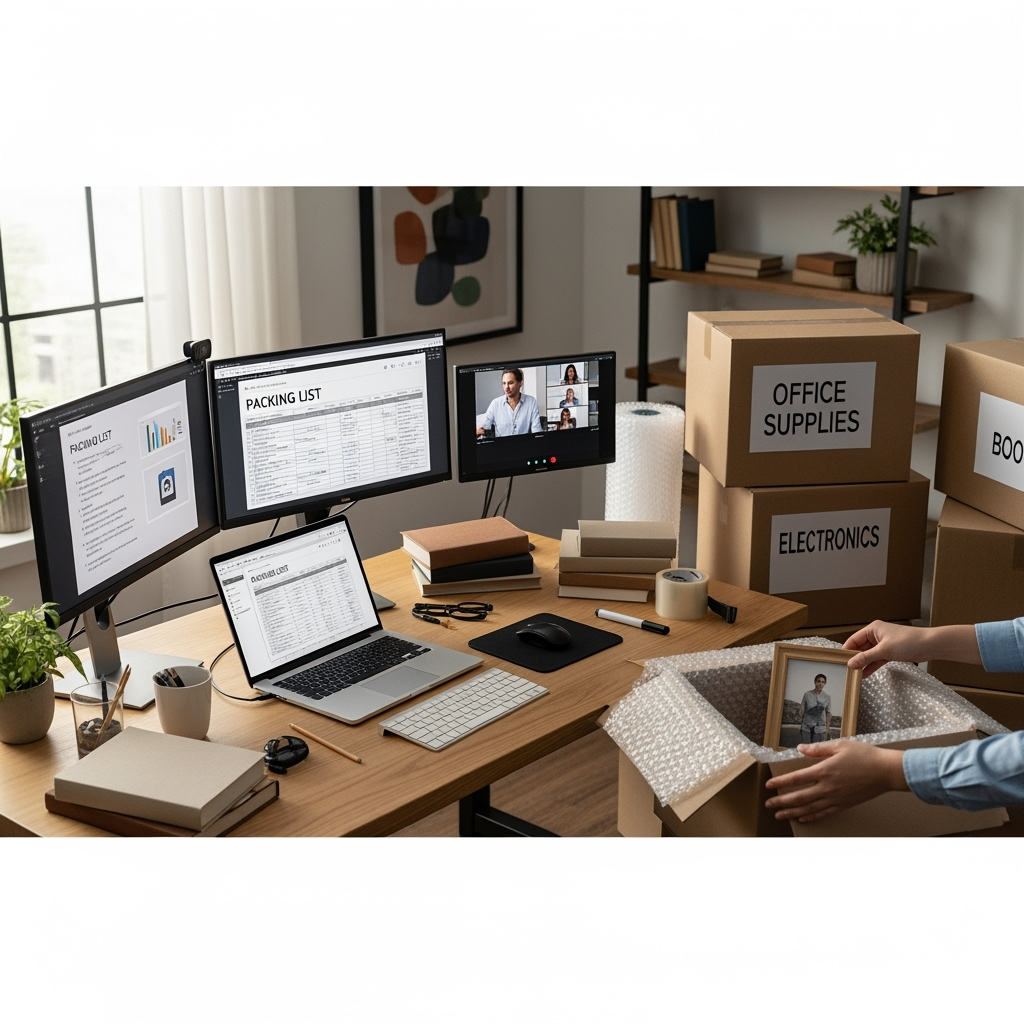
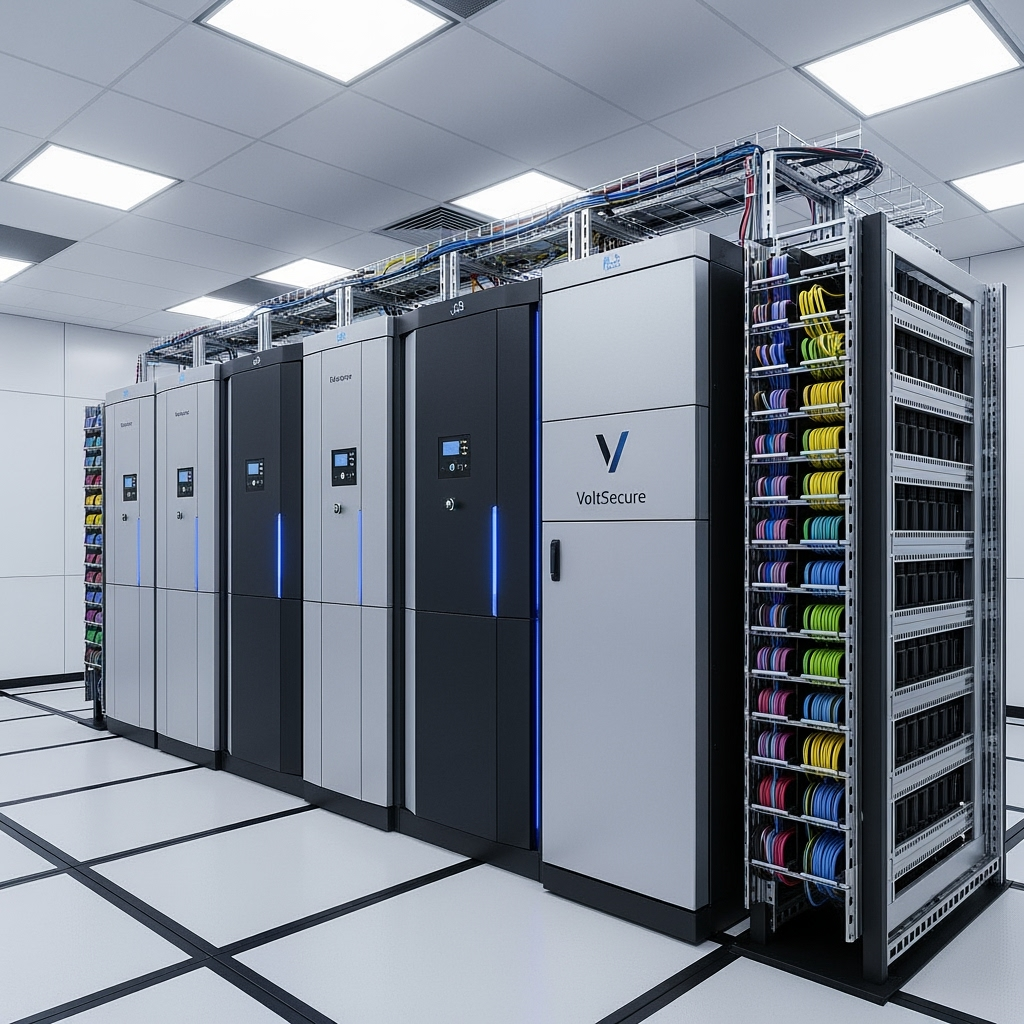
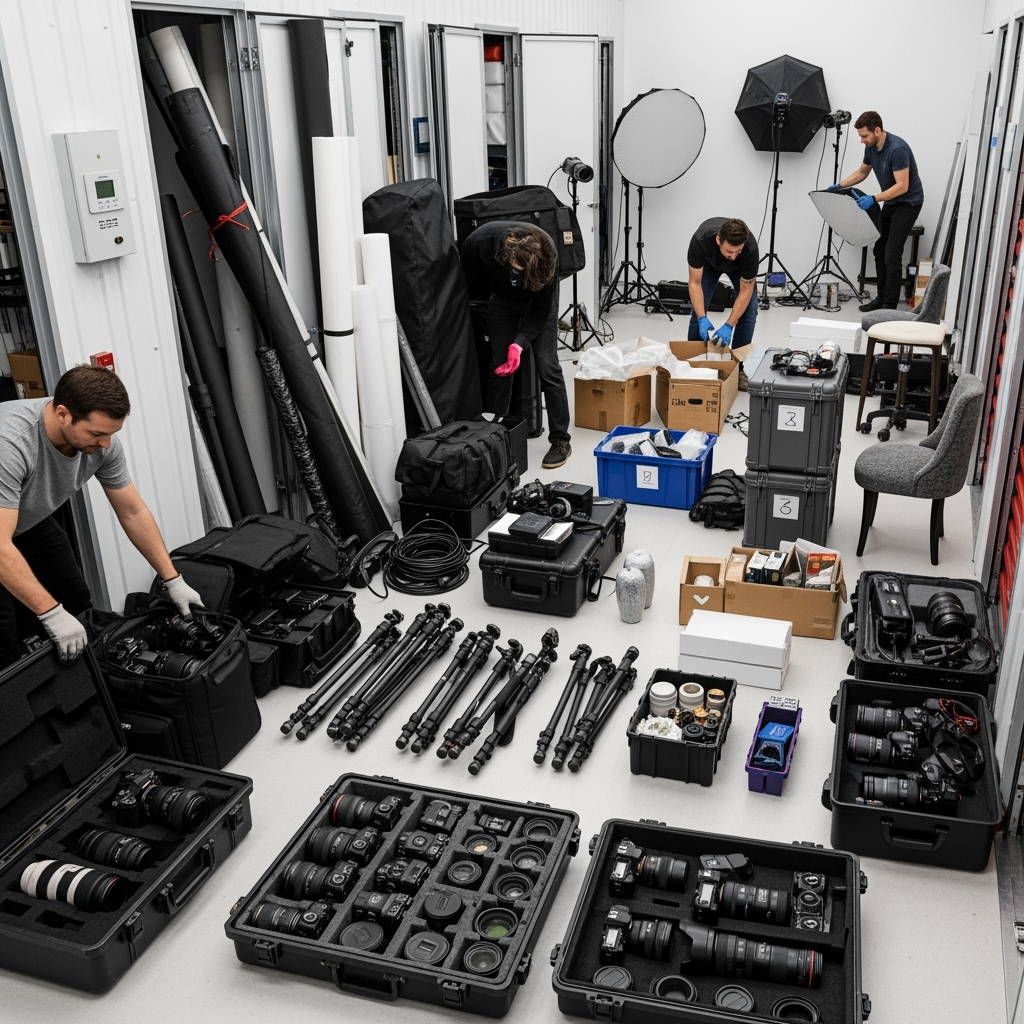
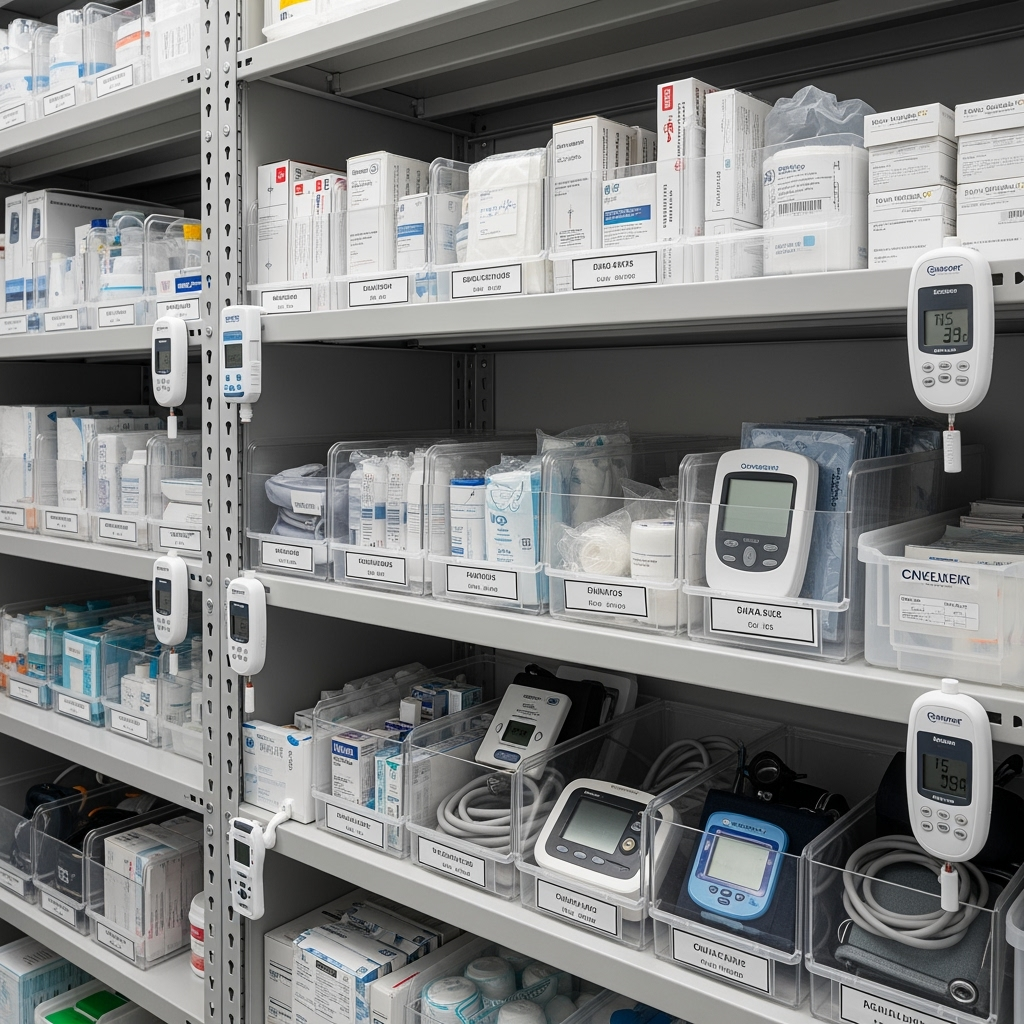
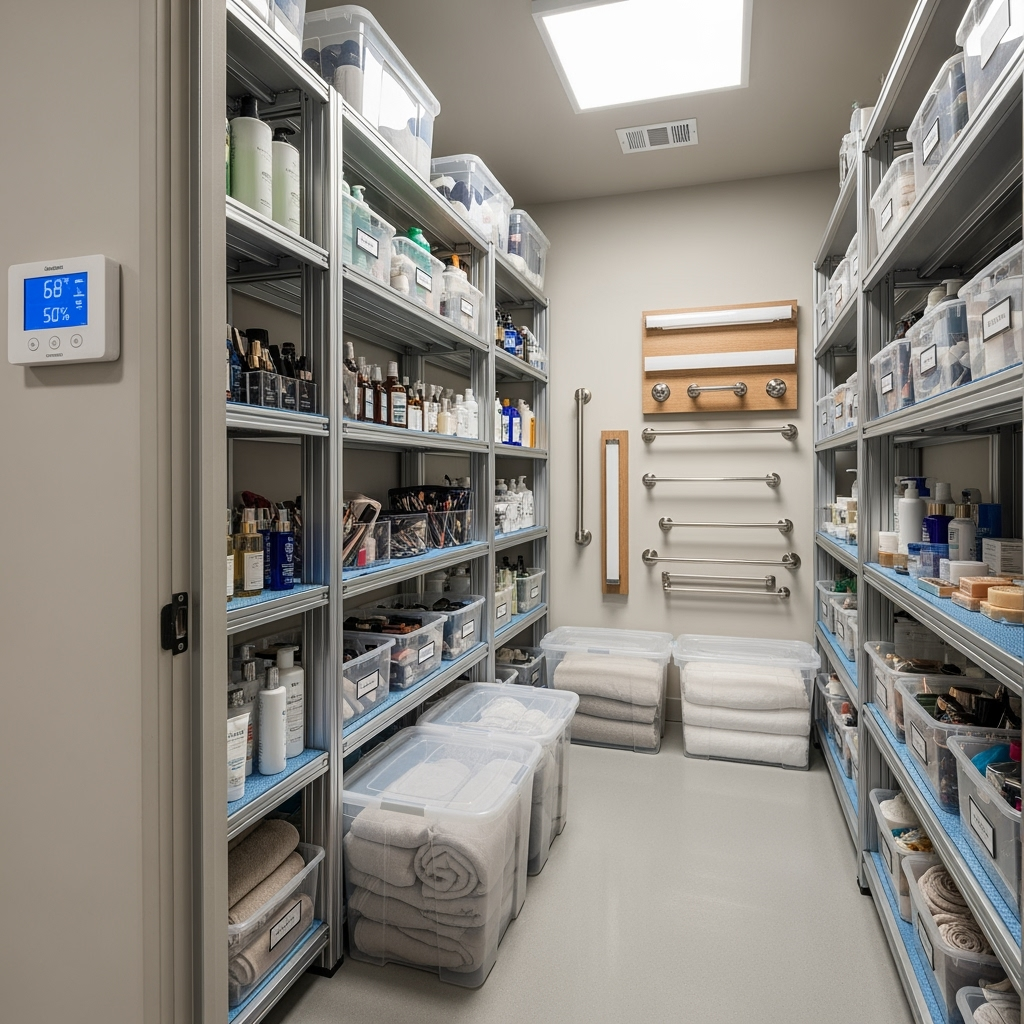
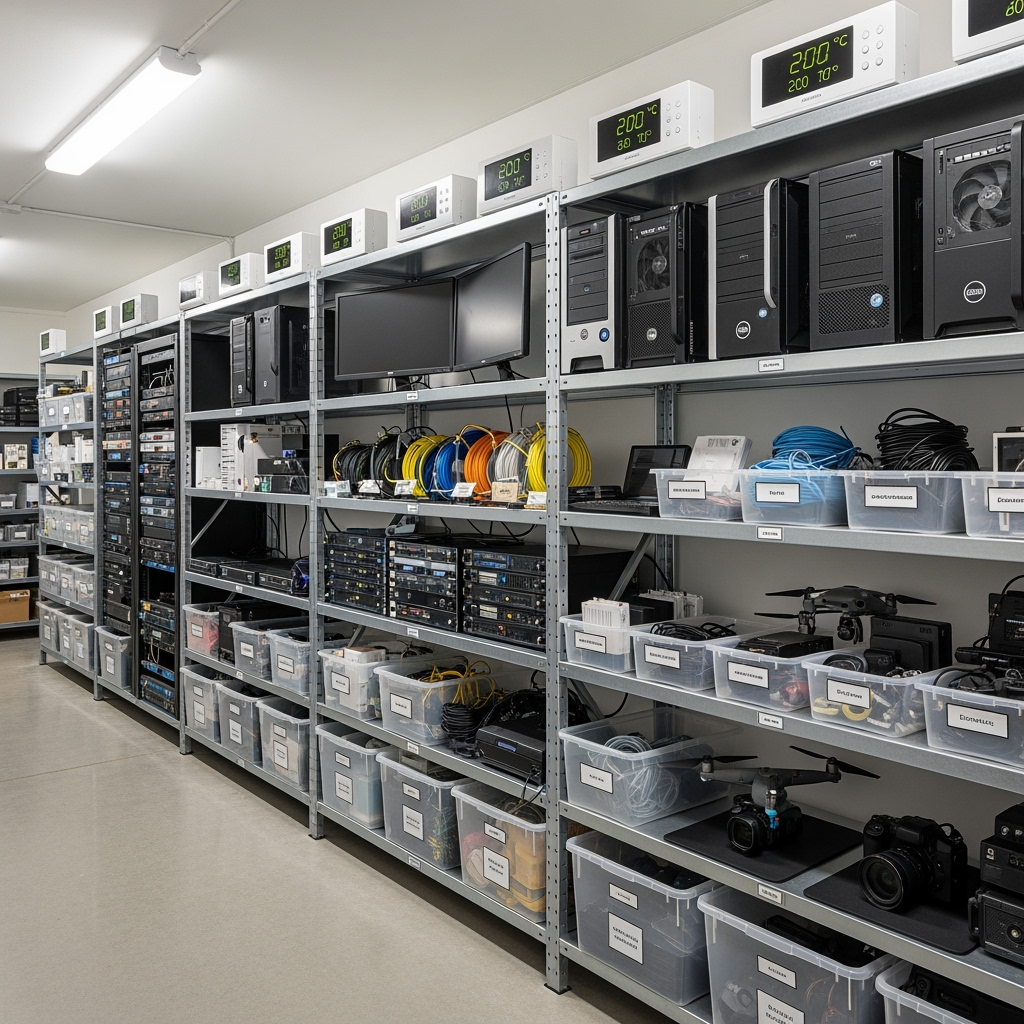
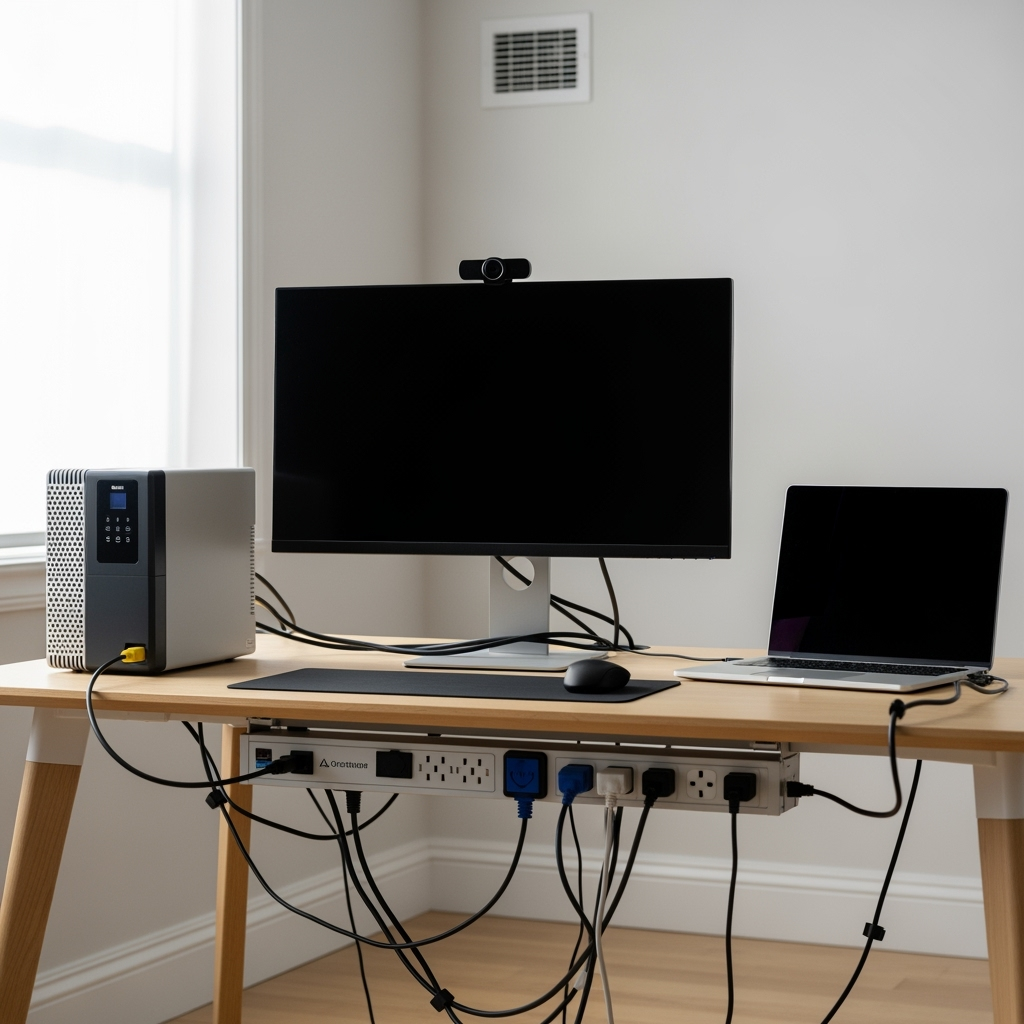
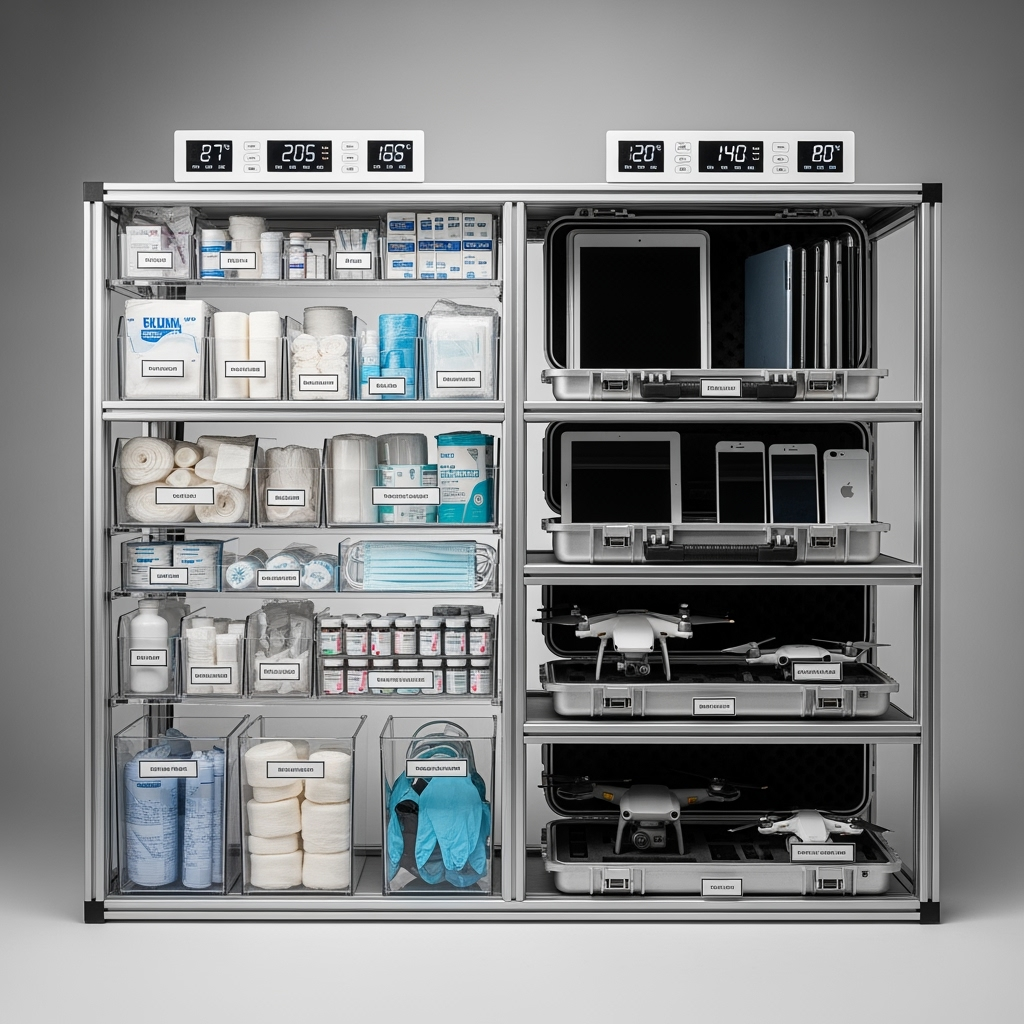
Leave a Reply